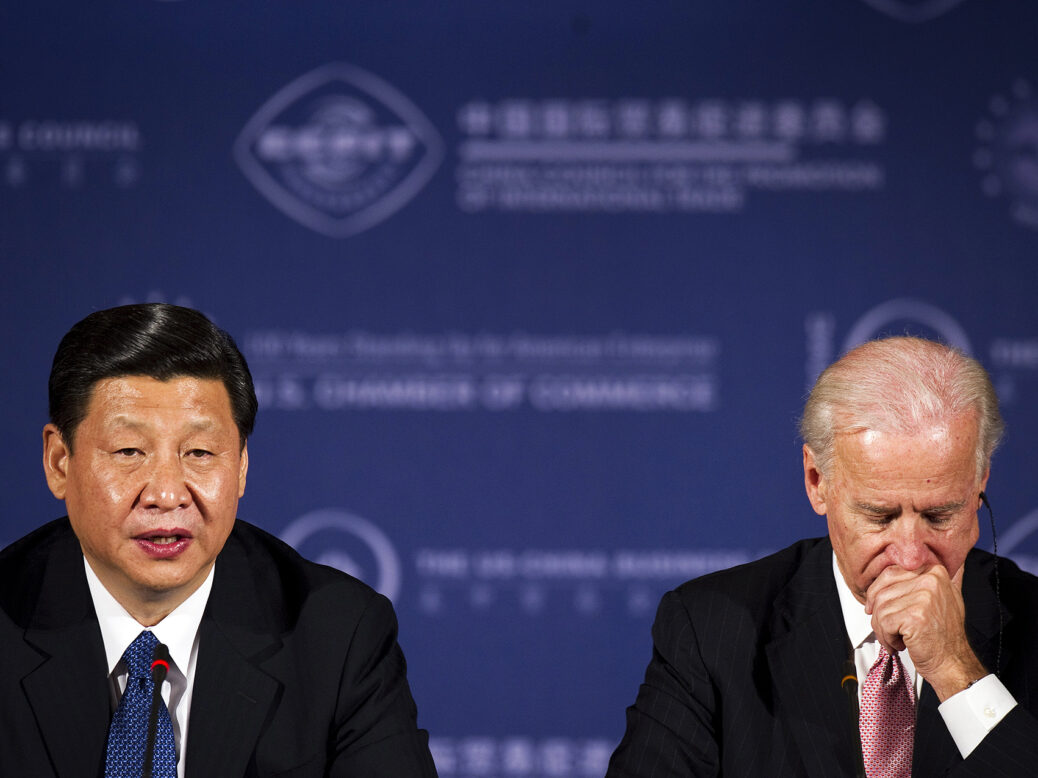
US President Joe Biden and his Chinese counterpart Xi Jinping are meeting virtually on Monday 15 November in the first bilateral summit between the two men since Biden took office earlier this year.
Contrary to the White House’s wishes, the men will meet virtually as Xi has refused to leave China since the Covid-19 pandemic began nearly two years ago. The Chinese leader skipped several recent summits, including the G20 in Rome and Cop26 climate conference in Glasgow.
That has disappointed some observers, who worry that the talks might not prove fruitful. “There is no substitute for in-person diplomacy at this level,” argues Leslie Vinjamuri, director of the US and the Americas programme at the Chatham House think tank.
Talks are likely to focus on areas where the two nations could potentially cooperate, in particular on climate change. At Cop26 last week, in a surprise announcement from the two superpowers, the countries issued a joint declaration, reiterating their commitment to keeping global warming below 1.5°C. The position on both sides is that climate change is an issue of such existential importance that it merits working together, even if the nations disagree on other issues.
And there is no shortage of points of disagreement. From Taiwan, where tensions over the future of the self-governing island have led to a war of words between Beijing and Washington, to Hong Kong and the Uyghurs, Biden and Xi are likely to broach issues over which there is no consensus.
That is the challenge for the leaders of the two most powerful countries in the world: how to balance competition and the protection of national interests, as both capitals interpret them, with the need for cooperation on issues of global significance, such as climate change and nuclear arms control.
The first bilateral summit between Biden and Xi will provide some indication of how both leaders plan to approach this challenge.
[see also: US-China Cop26 deal: superpowers promise to put aside differences and work together on climate ambition]





